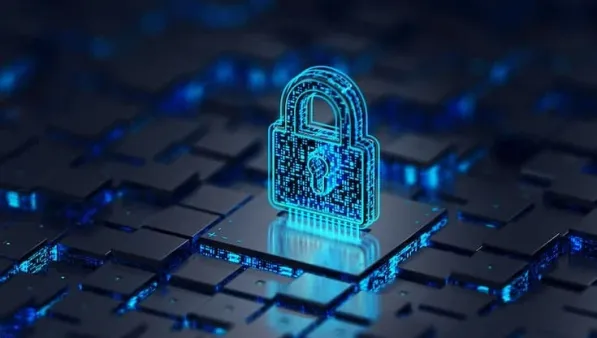Introduction
Ethical hacking, a term that often sparks curiosity and intrigue, plays a pivotal role in the cybersecurity landscape. This practice, which involves the deliberate penetration of systems and networks to discover vulnerabilities from a malicious hacker’s perspective, is an essential component of a robust cybersecurity strategy. Its relevance in today’s digital age cannot be overstated, with cyber threats evolving at an unprecedented pace. Here’s a deep dive into the world of ethical hacking and its significance in safeguarding our digital frontiers.
The Essence of Ethical Hacking
Ethical hacking is conducted by skilled professionals, often referred to as “white hat” hackers, in stark contrast to “black hat” hackers who exploit vulnerabilities for malicious gain. These white hats employ the same techniques and tools as their black hat counterparts but do so with permission and with the ultimate goal of enhancing security. Through this practice, organizations can identify security weaknesses before they can be exploited by malicious entities.
Identifying and Mitigating Vulnerabilities
One of the key aspects of ethical hacking is its proactive approach to security. Traditional security measures often focus on defensive strategies, reacting to breaches after they occur. Ethical hacking, however, allows organizations to take a more offensive stance, identifying and mitigating vulnerabilities before they become entry points for attackers. This not only strengthens security but also provides invaluable peace of mind for companies and their customers.
Compliance and Trust
In many industries, regulatory bodies require companies to maintain certain security standards to protect sensitive information, such as financial data, personal identification information, and health records. Ethical hacking helps organizations comply with these regulations by ensuring that their security measures are up to the task. Furthermore, by demonstrating a commitment to security, companies can build trust with their customers, partners, and stakeholders, which is invaluable in today’s interconnected world.
The Evolving Threat Landscape
As technology advances, so do the tactics of cybercriminals. Ethical hackers must continually update their skills and knowledge to keep pace with new vulnerabilities and attack vectors. This ongoing battle requires not only technical prowess but also creativity and innovation, as ethical hackers anticipate and counteract the evolving strategies of malicious actors. Their work ensures that cybersecurity measures are not just reactive but also predictive, staying one step ahead of potential threats.
Education and Awareness
Ethical hacking also plays a crucial role in education and awareness. By shedding light on how breaches occur and the potential consequences of inadequate security, ethical hackers help businesses and the public understand the importance of cybersecurity. Workshops, seminars, and hackathons led by ethical hackers provide hands-on experience and insights, fostering a culture of security mindfulness that extends beyond the IT department.
The Future of Ethical Hacking
As the digital landscape continues to expand, the role of ethical hacking in cybersecurity will only grow in importance. The Internet of Things (IoT), artificial intelligence (AI), and cloud computing are just a few areas where ethical hacking will be critical in identifying new vulnerabilities and protecting against sophisticated cyberattacks. Additionally, the demand for skilled ethical hackers is set to increase, offering numerous career opportunities for those interested in using their hacking skills for good.
Conclusion
Ethical hacking is a cornerstone of modern cybersecurity, offering a proactive approach to identifying and mitigating vulnerabilities. Its relevance extends beyond mere technical defense; it is integral to regulatory compliance, customer trust, and the ongoing education and awareness of cybersecurity risks. As the digital world becomes increasingly complex and interconnected, the need for ethical hacking will continue to rise, underscoring its vital role in securing our digital future against the ever-evolving threat of cyberattacks. By embracing and investing in ethical hacking, organizations can fortify their defenses, safeguarding their assets and, ultimately, our digital way of life.
Related Posts





